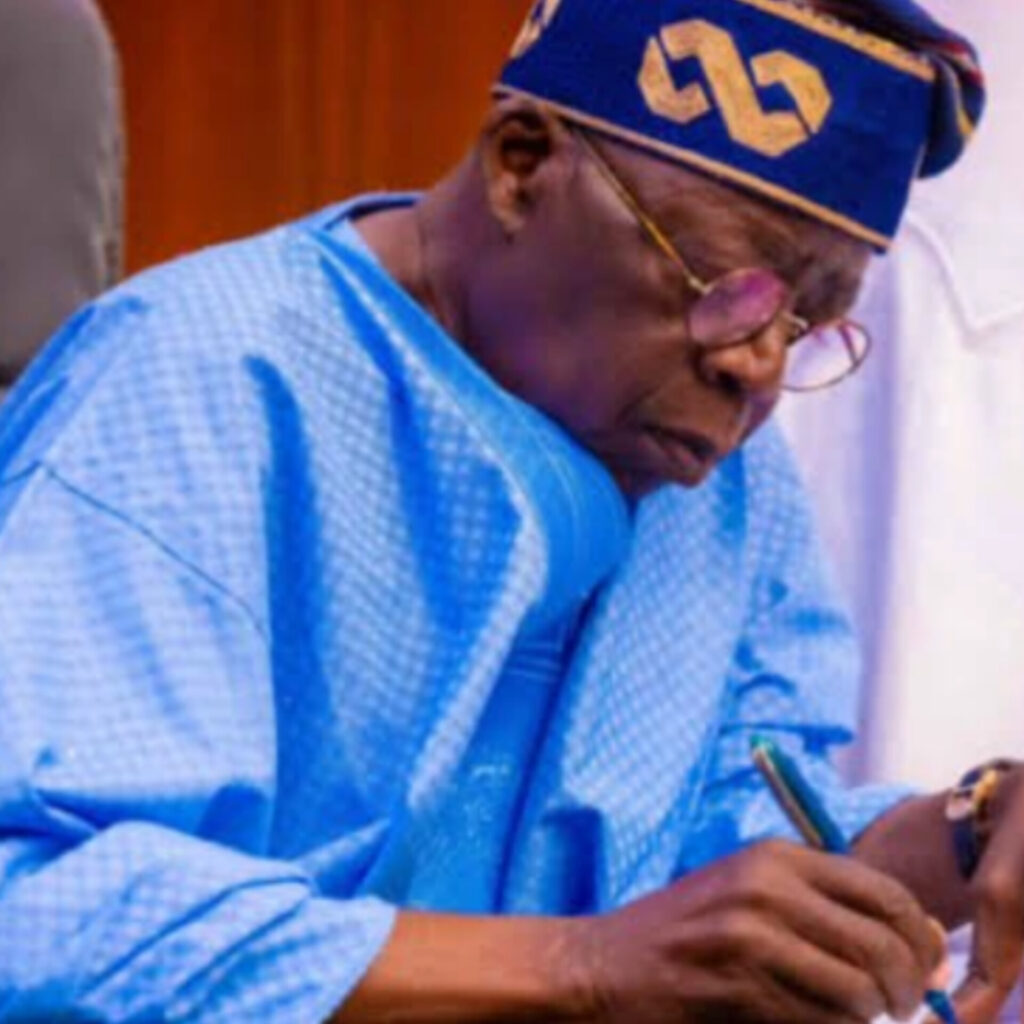President Bola Tinubu has directed the Nigeria National Petroleum Company Limited (NNPCL) to immediately handover details of revenue from sales of crude oil to the Central Bank of Nigeria (CBN).
Apparently, the move had sent some shock waves down the spines of some players as it is believed to be part of Tinubu’s effort aimed at monitoring revenue accruing to the Federal Government
The NNPC had over the years been solely responsible for the maintenance and control over crude oil sales after which it merely rendered accounts to the Federal Government.
It was reliably gathered that the CBN while confirming the development, said that with the Presidential directive, all receipts of payment for oil sales would now be forwarded to the CBN with immediate effect.
The new directive requires the NNPC to submit all receipts for crude oil sales to the CBN for vetting and documentation. This aims to close any potential gaps in reporting and ensure accurate records of oil revenue.
CBN Governor, Mr. Olayemi Cardoso, had earlier indicated that the collaboration with the Ministry of Finance and the NNPCL is to ensure that all foreign inflows are returned to the Central Bank.
“This coordinated effort will greatly enhance the Bank’s foreign exchange flows and contribute to the accretion of reserves,” he said.
Cardoso, who was delivering a keynote address at the launch of the Nigerian Economic Summit Group (NESG) “2024 Macroeconomic Outlook Report”, said, “The expected stability in the foreign exchange market for 2024 can be attributed to the reduction in petroleum product imports and the recent implementation of a market-determined exchange rate policy by the CBN.
“This reform is designed to streamline and unify multiple exchange rates, fostering transparency and reducing opportunities for arbitrage.
“The resulting consistent and stable exchange rate will not only boost investor confidence but also attract foreign investment, elevating Nigeria’s appeal to global investors.”
“We are implementing a comprehensive strategy to improve liquidity in our FX markets in the short, medium, and long term. Our focus is on addressing fundamental issues that have hindered the effective operation of our markets over the years.
“Upholding the integrity of financial markets is crucial for building confidence. With the completion of an independent forensic review, we are addressing the backlog of valid FX transactions and we remain steadfast in our commitment to decisively address any infractions and abuses,” he added.


